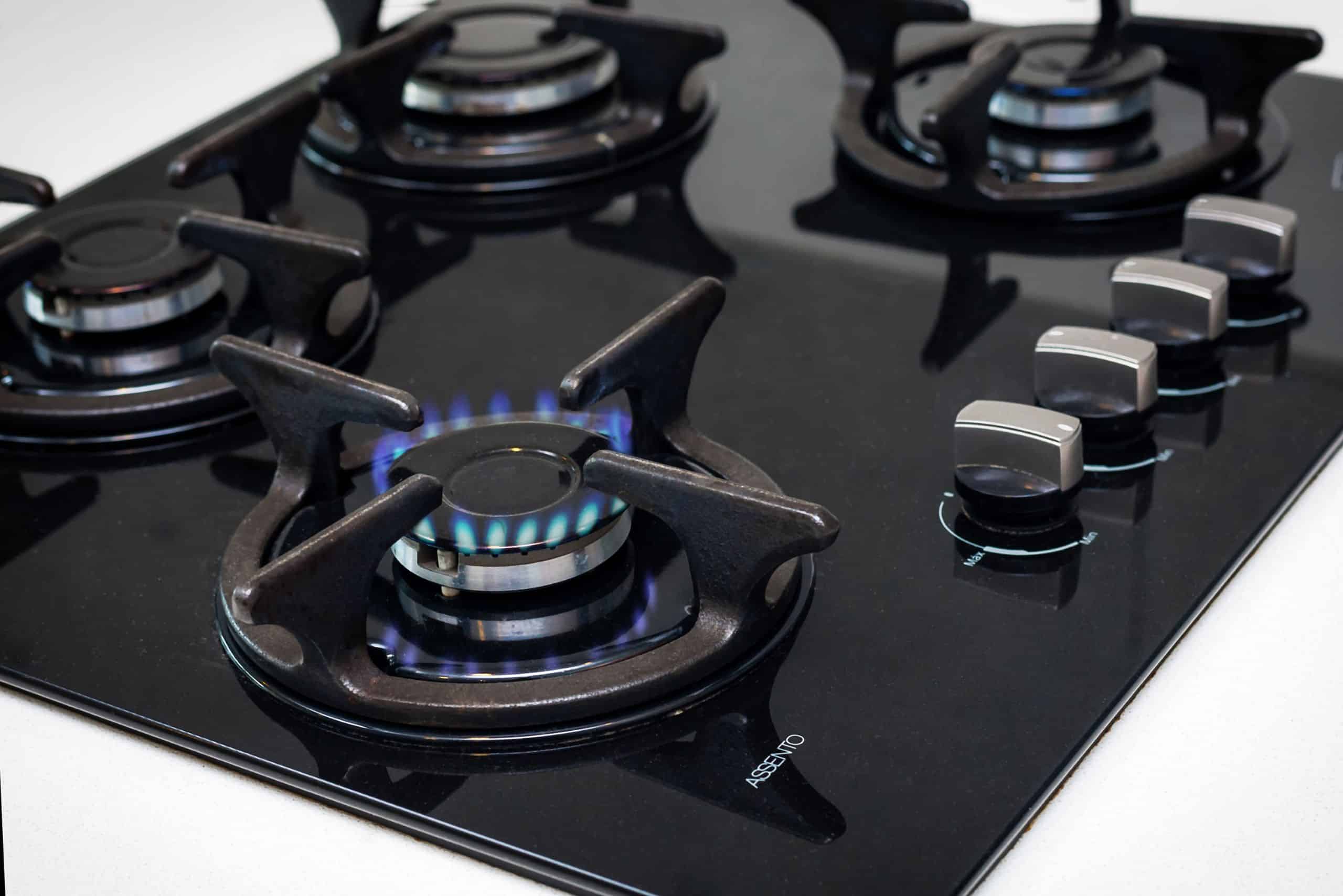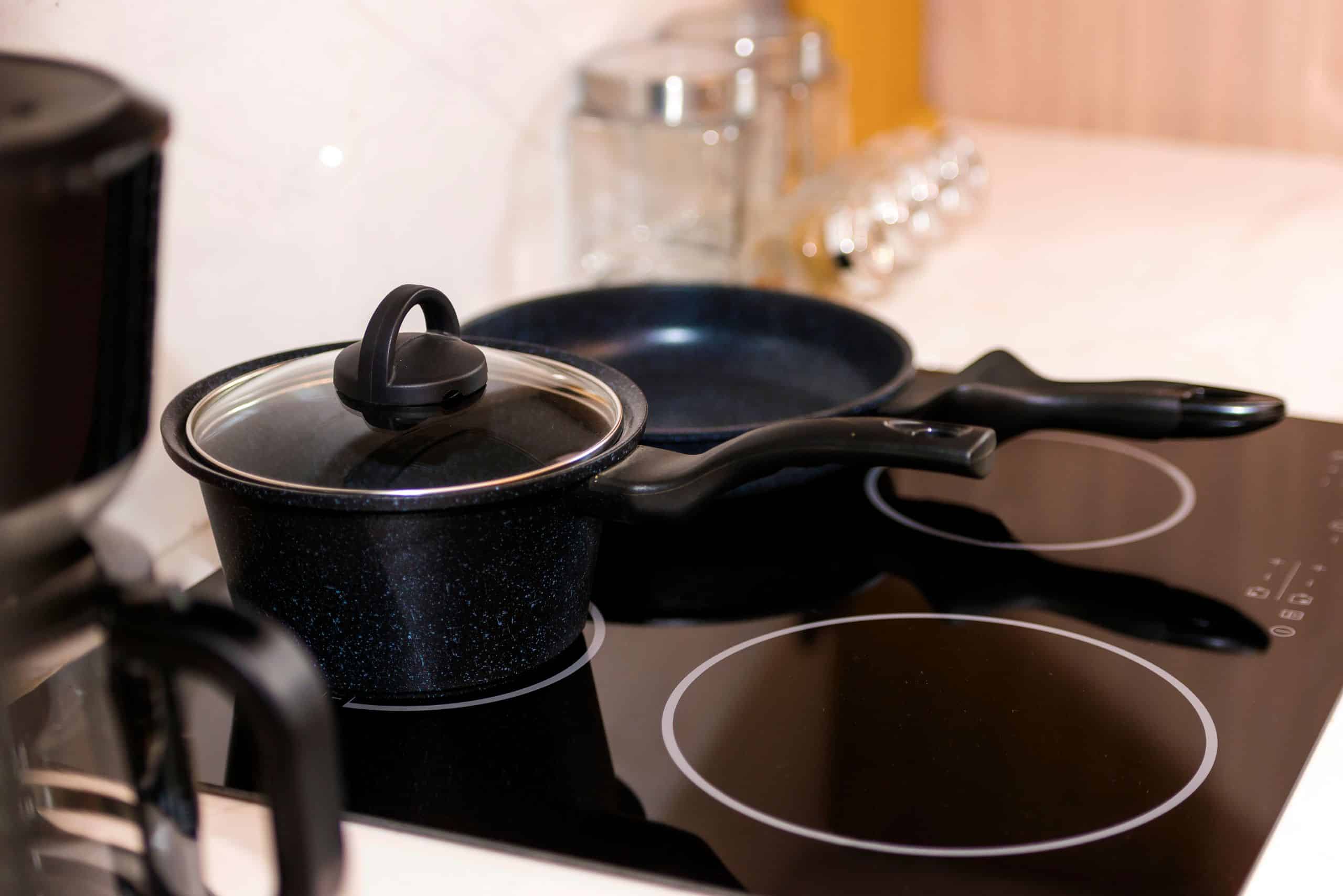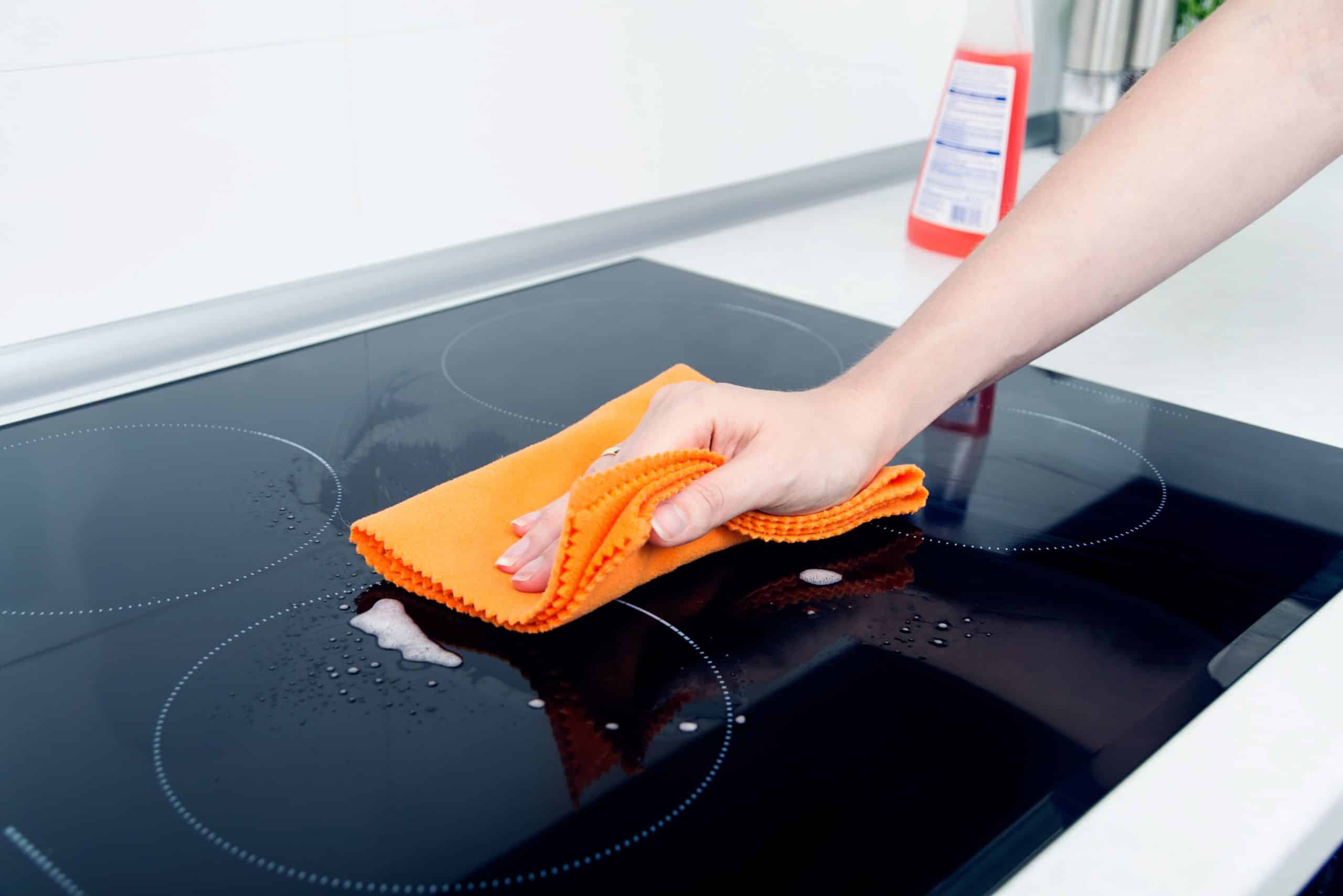When it comes to kitchen remodeling, one of the most significant decisions homeowners face is selecting the right stove: gas or induction. Both options offer distinct advantages, but understanding your cooking needs and kitchen goals can guide you to the perfect choice.

Gas stove
Understanding Gas and Induction Cooking
- Gas Stoves: Known for their precise temperature control, gas stoves provide instant heat and an ability to adjust the flame visually. They’re favored by chefs for the control they offer, especially when cooking temperature-sensitive dishes.
- Induction Cooktops: Induction cooking uses electromagnetic fields to heat pots and pans directly, offering faster heating times and improved safety features. It’s energy-efficient and easy to clean, making it a popular choice for modern kitchen designs.
Comparing the Costs of Gas and Induction Cooking
When embarking on a kitchen remodel, understanding the costs associated with gas and induction cooking options is crucial. Both upfront installation costs and long-term operating expenses play a significant role in your decision-making process.
Upfront Costs
- Gas Stoves: The initial cost of purchasing a gas stove can be lower than that of an induction cooktop. However, if your kitchen is not already equipped with a gas line, the installation can significantly increase the total expense. Additionally, the cost of gas stoves varies widely based on brand, features, and size.
- Induction Cooktops: Induction cooktops tend to have a higher purchase price compared to gas stoves. This higher initial investment is due to the advanced technology that provides efficient cooking. Also, you may need to invest in induction-compatible cookware if your current set is not compatible, adding to the initial costs.

Induction stove may be more expensive upfront, but it saves you more money in the long run.
Operating Costs
- Gas Stoves: The operating cost of a gas stove depends on local gas prices, which can fluctuate. Generally, gas is considered cost-effective for cooking, but inefficiencies in heat transfer can lead to higher overall energy use.
- Induction Cooktops: Induction cooking is highly efficient, with most of the energy used going directly into heating the food. This efficiency can lead to lower energy bills over time, despite the higher initial cost. The cost-effectiveness will depend on your local electricity rates and how often you cook.
Long-Term Savings
While induction cooktops may have a higher upfront cost, their efficiency, and lower operating costs can lead to savings over time. Gas stoves, on the other hand, offer a lower initial investment but can have higher operating costs depending on energy prices and usage patterns.
Pros and Cons
Choosing between gas and induction involves considering various factors:
| Pros | Cons | |
| Gas Stoves | Instant heat control, works during power outages, preferred by professional chefs | Requires gas line installation, higher risk of burns, uneven heat distribution in ovens |
| Induction Cooktops | Energy-efficient, easy to clean, precise temperature control, safer to use | Requires induction-compatible cookware, higher initial cost, may require learning curve |
FAQ Section
Which is more cost-effective in the long run, gas or induction?
Induction cooktops are generally more energy-efficient, potentially offering savings on energy bills. However, the initial cost and need for compatible cookware can be higher.
Can I use my existing cookware on an induction cooktop?
Not all cookware is compatible with induction cooktops. Cookware must be magnetic—cast iron and some stainless steel types work well.

Induction cooktops are easier to clean than stoves.
Is there a difference in cooking speed between gas and induction?
Yes, induction cooktops can heat up faster and boil water more quickly than gas stoves, offering efficiency and time savings.
Gas or Induction: Which One is the Best Choice?
Choosing between gas or induction for your kitchen remodel hinges on personal preferences, cooking habits, and kitchen design. Both have their merits, making it essential to weigh the pros and cons in light of your specific needs.